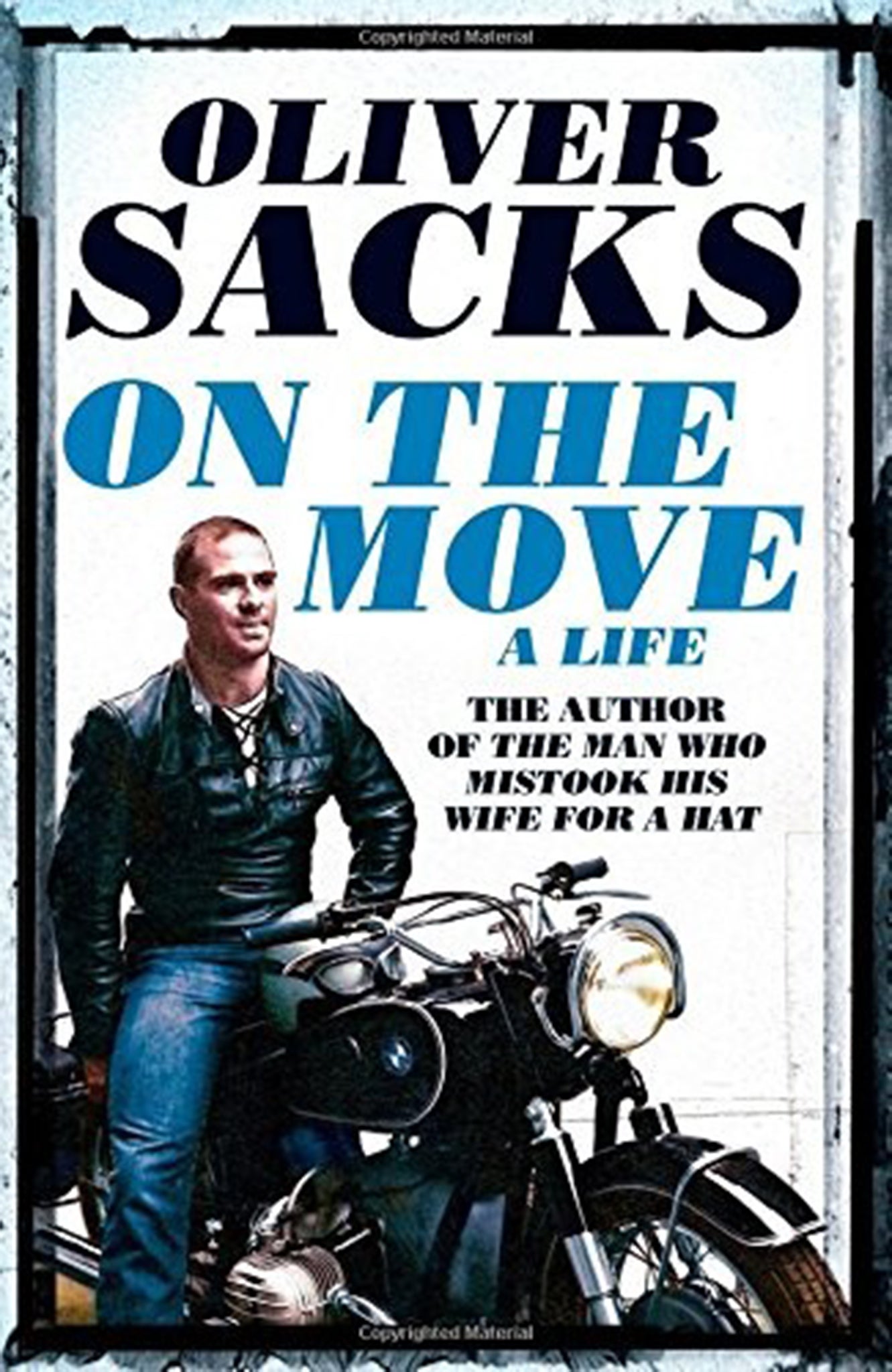On the Move by Oliver Sacks - book review: The people's neurologist
Sacks never forgets that his patients are people

Your support helps us to tell the story
From reproductive rights to climate change to Big Tech, The Independent is on the ground when the story is developing. Whether it's investigating the financials of Elon Musk's pro-Trump PAC or producing our latest documentary, 'The A Word', which shines a light on the American women fighting for reproductive rights, we know how important it is to parse out the facts from the messaging.
At such a critical moment in US history, we need reporters on the ground. Your donation allows us to keep sending journalists to speak to both sides of the story.
The Independent is trusted by Americans across the entire political spectrum. And unlike many other quality news outlets, we choose not to lock Americans out of our reporting and analysis with paywalls. We believe quality journalism should be available to everyone, paid for by those who can afford it.
Your support makes all the difference.Eminent neurologist, and father of popular medical writing, Oliver Sacks has done more to open the esoteric world of clinical neurology to the general public than anyone else.
Before Sacks started translating neurology for a general audience, much of medicine was seen as arcane, an attitude not helped by the traditional and now thankfully uncommon view that doctors should be omnipotent and patients servile and obedient.
Sacks is the lucid writer of numerous works. His book Awakenings, which was subsequently made into a film in 1990, is about the transient release of post-encephalitis lethargica patients from their frozen state with the Parkinson’s drug L-dopa and their subsequent development of debilitating side effects, while the bestselling The Man Who Mistook His Wife For A Hat is a collection of fascinating neurological case histories. Sacks never forgets that his patients are people. He takes them on outings and talks to them in his own time.
This memoir, a sequel of sorts to 2001’s Uncle Tungsten, relates Sacks’s life, taking in relationships with family, friends, colleagues and lovers, from his teens in north London, through his university days at Oxford, and on to adult life in the United States, where he worked first in San Francisco, then Los Angeles, and finally, New York. He frequently returned to London to visit family and friends, and to write.
Sacks is a compelling storyteller, and his non-work activities – motorcycling, weightlifting, and a brief but intense period of addiction to amphetamines – are as absorbing as his work interests. He comes across as an endearing individual, refusing to edit out such inglorious events as his youthful research job that ended after mishaps including hamburger crumbs falling into his research samples. And, despite his phenomenal success, he is so shy that he spent 35 years without a lover.
It is disturbing to read of the cool reception some of his colleagues gave his success in showing neurology to the public.
The owner of the headache clinic that he worked at not only threw a jealous tantrum and sacked Sacks when he published a book about migraines, he also plagiarised him. Luckily, this did not impede Sacks and his success continued, along with friendships with all manner of the great talents of his era, such as Jonathan Miller and Robert de Niro, and including Francis Crick and other medical researchers. A wonderful book by a great democratiser of medicine.
Picador £20
Join our commenting forum
Join thought-provoking conversations, follow other Independent readers and see their replies
Comments